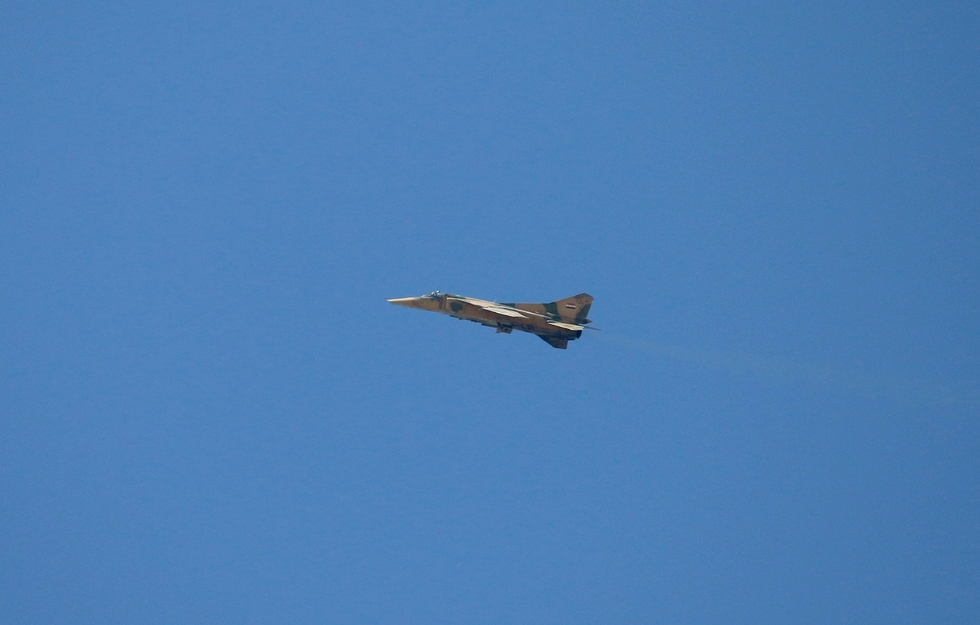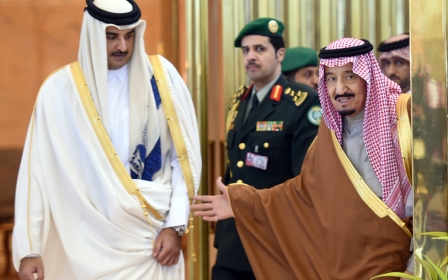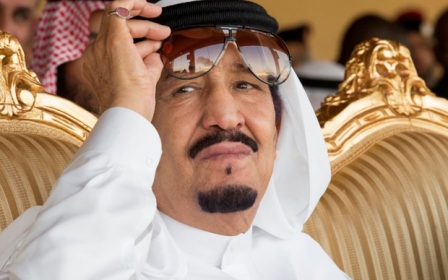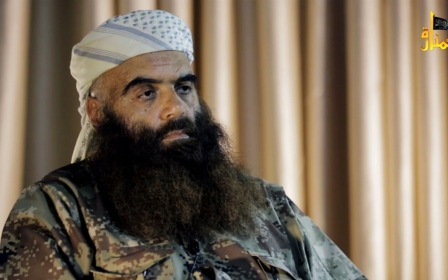Syria's government funded air war through blacklisted offshore accounts

Syria's government has circumvented international sanctions through shadow companies to provide fuel for military aircraft, according to a cache of leaked documents known as the "Panama Papers" seen by the French newspaper Le Monde.
The outlet reported on Monday that three Syrian companies, Pangates International, Maxima Middle East Trading, and Morgan Additives Manufacturing, used the services of Panama-based law firm Mossack Fonseca to create shadow companies in the Seychelles.
Le Monde, a partner in the yearlong worldwide media investigation into a trove of 11.5 million documents leaked from the law office of Mossack Fonseca, said the shadow companies were "a way for the Syrian regime to circumvent international sanctions imposed since the start of the war".
The three firms have been placed under US sanctions for allegedly providing petroleum supplies, including aviation fuel to President Bashar al-Assad's Air Force.
The Office of Foreign Assets Control (OFAC), the sanctions implementation office within the US Treasury Department, announced sanctions in 2014 that prohibited Americans from working with individuals and institutions that support Syria’s government.
A report published by the International Consortium of Investigative Journalists (ICIJ) on Monday showed the global law firm did business with at least one of these companies, Pangates, for at least nine months after the US government sanctioned them for aiding Assad’s war effort.
According to the report, OFAC blacklisted Pangates in July 2014 and accused the company of supplying 1,000 metric tonnes of “avgas” – fuel for military jets – to Assad’s government.
Pangates belongs to the Damascus-based Abdulkarim group, which is close to the Syrian government, Le Monde said.
In a Reuters report in 2013, Pangates had admitted that it had shipped oil to Syria but emphasised that it was unaware of the oil’s final destination or use.
“We are selling to non-Syrian firms who are not on the EU and US sanctions list,” he said. "We do not know exactly who is finally using the fuel but according to our information the product is used for civil humanitarian purposes."
Mossack Fonseca, whose headquarters resides in Panama, has done work with at least 33 people and companies blacklisted by the US for wrongdoing, the ICIJ said.
Since the start of Syria's war in 2011, tens of thousands of people have been killed and thousands of homes destroyed in air raids and barrel bomb strikes.
The probe, coordinated by the ICIJ, has exposed a tangle of financial dealings by global elites, including family members of Syrian President Bashar al-Assad.
Two cousins of Assad, Rami and Hafez Makhlouf, used Mossack Fonseca to manage their vast and lucrative investments arising out of their relation to Syria’s head of state.
The ICIJ reported that in 2002 Rami Makhlouf cofounded Syriatel, a Syrian mobile telecom company, and that he subsequently took 73 percent of shares, most of which was registered with a British Virgin Islands company he owned.
The documents showed the Makhlouf brothers also had a slew of bank accounts in Geneva.
The documents revealed that in February 2011, around the same time protests broke out against Assad, staff at Mossack Fonseca discussed via email allegations of bribery and corruption made against the Makhlouf family and sanctions imposed by the United States Treasury Department, according to the ICIJ.
In June 2011, the British Virgin Islands Financial Services Commission wrote to Mossack Fonseca regarding a money laundering investigation against the family, which prompted the law firm to subsequently cut ties with the Makhlouf family.
Neither of the two Makhlouf brothers responded to calls for comment made by the ICIJ.
New MEE newsletter: Jerusalem Dispatch
Sign up to get the latest insights and analysis on Israel-Palestine, alongside Turkey Unpacked and other MEE newsletters
Middle East Eye delivers independent and unrivalled coverage and analysis of the Middle East, North Africa and beyond. To learn more about republishing this content and the associated fees, please fill out this form. More about MEE can be found here.




